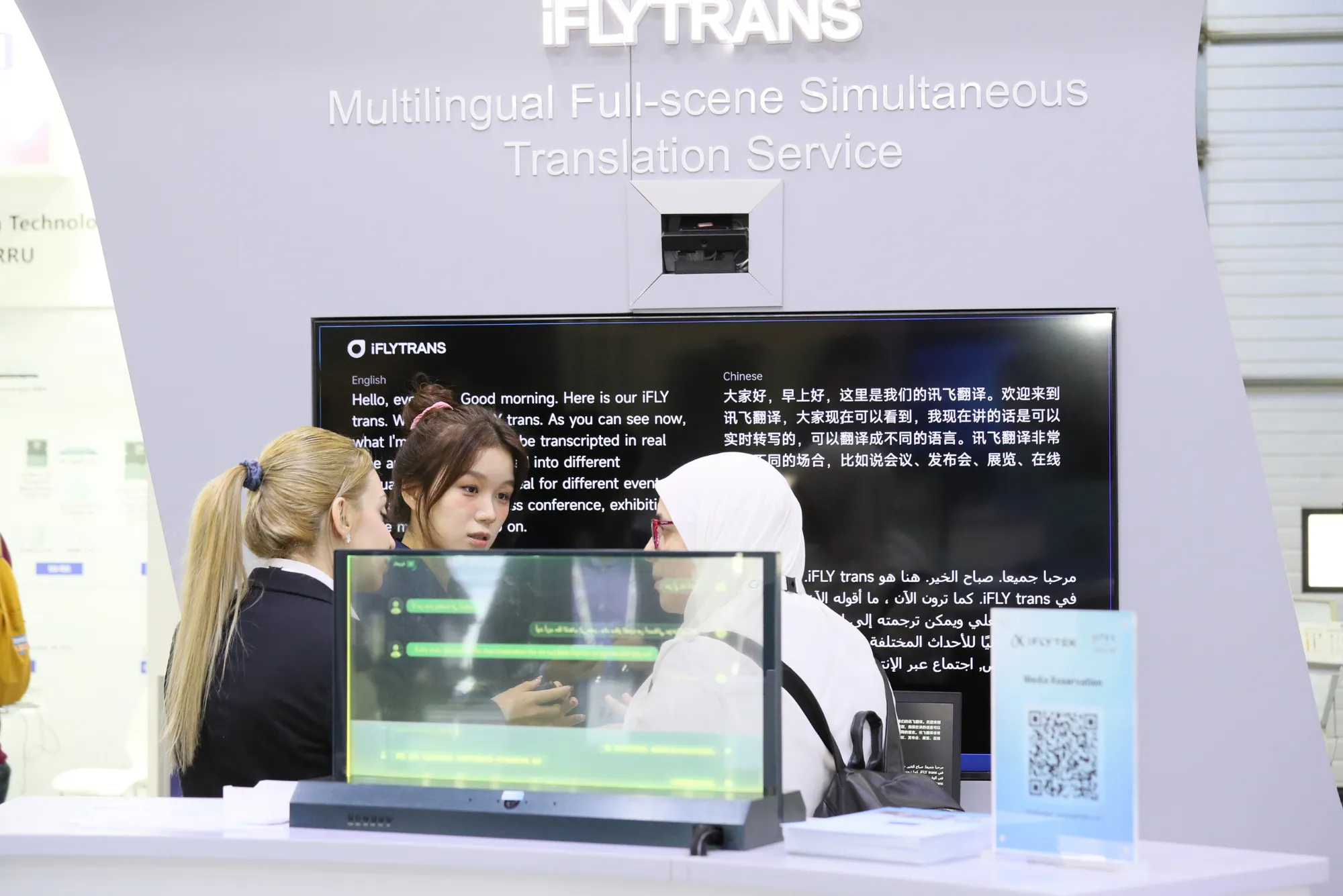Decentralized Autonomous Organizations (DAOs) symbolize a elementary facet of the decentralized finance (DeFi) panorama, embodying the ethos of self-governance and community-driven decision-making. At their core, DAOs are organizational constructions facilitated by good contracts on blockchain networks, permitting for clear, trustless, and decentralized governance mechanisms. Within the realm of DeFi, DAOs play a pivotal position in managing protocols, making crucial choices, and shaping the way forward for monetary companies. One instance of such innovation is https://immediate-momentum.co/, a platform that revolutionizes how contributors interact with decentralized finance.
The Evolution of DAOs
The idea of DAOs traces again to the early days of blockchain know-how, with the imaginative and prescient of making autonomous entities that function independently of centralized management. Probably the most notable instance of an early DAO is The DAO, launched on the Ethereum blockchain in 2016. Whereas The DAO finally confronted safety vulnerabilities and contentious governance points, it laid the groundwork for additional exploration and growth within the realm of decentralized governance.
Key Elements of DAOs
Governance tokens function the first mechanism by means of which contributors in a DAO train voting rights and affect decision-making processes. Holders of governance tokens sometimes have the power to suggest and vote on adjustments to the protocol, together with upgrades, parameter changes, and allocation of sources. Sensible contracts kind the spine of DAOs, executing predefined guidelines and protocols in a clear and immutable method. These contracts automate numerous elements of DAO operations, together with token distribution, voting procedures, and fund administration.
The Performance of DAOs in DeFi
Inside the DeFi ecosystem, DAOs fulfill a variety of features, from managing decentralized protocols to funding growth initiatives and community-driven tasks. DAOs are accountable for overseeing key elements of DeFi, comparable to liquidity provision, asset administration, and protocol upgrades. By means of decentralized governance mechanisms, contributors in DAOs collectively steer the path of DeFi tasks, making certain alignment with group pursuits and values.
Advantages and Challenges of DAOs in DeFi
Decentralized governance provides a number of benefits within the context of DeFi, together with elevated transparency, lowered reliance on centralized authorities, and enhanced group engagement. By empowering stakeholders to take part immediately in decision-making processes, DAOs foster a way of possession and accountability throughout the DeFi ecosystem. Nonetheless, challenges comparable to safety vulnerabilities, governance disputes, and scalability limitations pose important hurdles to the widespread adoption and effectiveness of DAOs in DeFi.
Case Research of Profitable DAOs in DeFi
A number of DAOs have emerged as influential gamers within the DeFi house, demonstrating the potential for decentralized governance to drive innovation and collaboration. One notable instance is MakerDAO, a decentralized lending platform that allows customers to generate Dai stablecoins by collateralizing digital property. MakerDAO’s governance system, powered by MKR tokens, permits stakeholders to vote on crucial choices, comparable to changes to stability charges and collateral varieties.
One other distinguished DAO is Compound, a decentralized lending protocol that allows customers to borrow and lend numerous cryptocurrencies. Compound’s governance token, COMP, grants holders the power to suggest and vote on adjustments to the protocol, together with rate of interest changes and asset additions. These examples illustrate how DAOs can successfully handle complicated monetary methods and adapt to evolving market circumstances.
Future Outlook for DAOs in DeFi
Wanting forward, DAOs are poised to play an more and more important position in shaping the way forward for decentralized finance. As blockchain know-how continues to mature and scalability options are applied, DAOs are prone to turn into extra strong, resilient, and environment friendly. Improvements comparable to quadratic voting and decentralized oracles maintain promise for enhancing the governance mechanisms of DAOs, additional democratizing decision-making processes and making certain the long-term sustainability of DeFi ecosystems.
Conclusion
In conclusion, DAOs symbolize a cornerstone of decentralized finance, enabling community-driven governance and fostering innovation in monetary companies. With their capability to harness the collective intelligence and sources of various stakeholders, DAOs have the potential to revolutionize the way in which we work together with and handle monetary methods. As we navigate the evolving panorama of DeFi, DAOs will proceed to play a pivotal position in shaping the way forward for finance, driving decentralization, transparency, and inclusivity in international markets.








